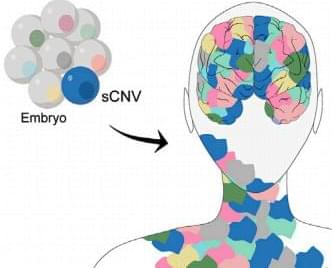Worldwide, glass manufacturing produces at least 86 million tons of carbon dioxide every year. A new type of glass promises to cut this carbon footprint in half. The invention, called LionGlass and engineered by researchers at Penn State, requires significantly less energy to produce and is much more damage resistant than standard soda lime silicate glass. The research team recently filed a patent application as a first step toward bringing the product to market.
“Our goal is to make glass manufacturing sustainable for the long term,” said John Mauro, Dorothy Pate Enright Professor of Materials Science and Engineering at Penn State and lead researcher on the project. “LionGlass eliminates the use of carbon-containing batch materials and significantly lowers the melting temperature of glass.”
Soda lime silicate glass, the common glass used in everyday items from windows to glass tableware, is made by melting three primary materials: quartz sand, soda ash and limestone. Soda ash is sodium carbonate and limestone is calcium carbonate, both of which release carbon dioxide (CO2), a heat-trapping greenhouse gas, as they are melted.






